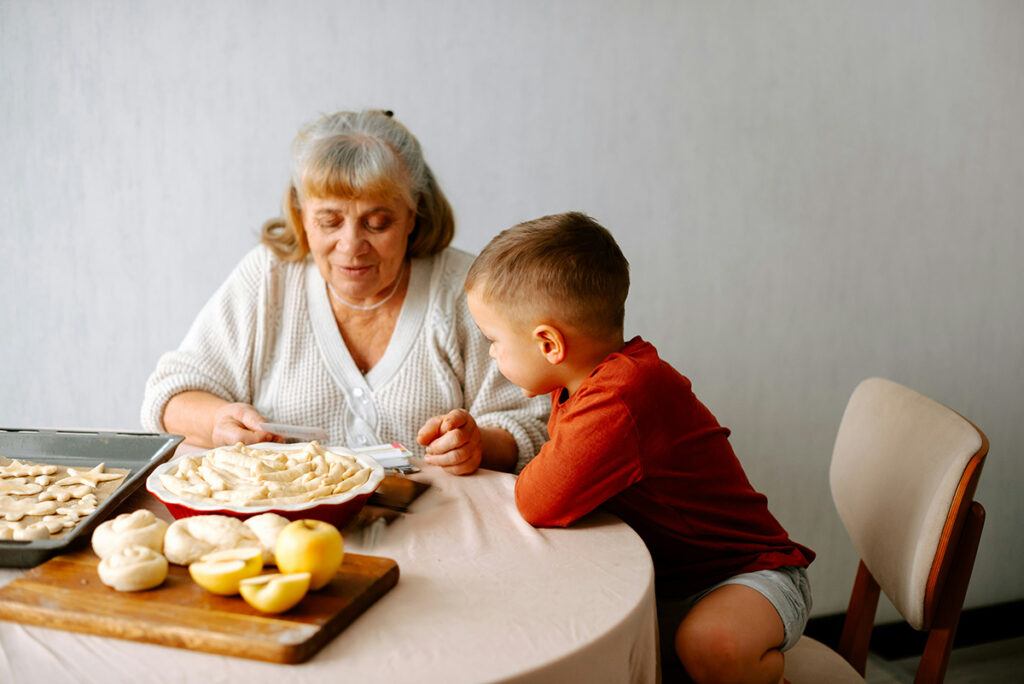In my recent blog, For Kids, Five Little Things That Make A Big Difference, I mentioned the importance of telling family stories. It’s a good and dramatic way to teach kids valuable life lessons. If an uncle or grandmother or some other relative had a hardship — anything from trouble in business to a life-threatening illness — and weathered the storm, the lesson is clear: If my grandmother (or uncle, etc.) could persevere, so can I.

Telling family stories, though, is a lot more complex than you might imagine. Research has shown that the benefit of telling stories is clear: Kids who grow up knowing their family history have a demonstrably better sense of wellbeing. The complexity arises from how these stories are told. If kids were simply fed information and then tested on their knowledge of facts, the research indicates no clear increase in a sense of wellbeing. But if the stories are told at family dinner time, for example, or during family vacations, the benefit is measurable.
Drs. Marshall Duke and Robyn Fivush of Emory University researched the topic extensively and discovered the insights above as well as other interesting nuances. For example, who tells the story is important, and it seems that mothers and grandmothers often take a leading role in storytelling.
Based on their research, Duke and Fivush developed “The Do You Know Scale,” which consists of 20 questions that solicit family history. This widely published scale includes the questions below. Asking kids these questions is a great way to develop knowledge of family history and have them benefit in ways ranging from higher levels of self-esteem to lower levels of anxiety.
Begin your family tradition of passing along family history by asking the following.
- Do you know how your parents met?
- Do you know where your mother grew up?
- Do you know where your father grew up?
- Do you know where some of your grandparents grew up?
- Do you know where some of your grandparents met?
- Do you know where your parents were married?
- Do you know what went on when you were being born?
- Do you know the source of your name?
- Do you know some things about what happened when your brothers or sisters were being born?
- Do you know which person in your family you look most like?
- Do you know which person in the family you act most like?
- Do you know some of the illnesses and injuries that your parents experienced when they were younger?
- Do you know some of the lessons that your parents learned from good or bad experiences?
- Do you know some things that happened to your mom or dad when they were in school?
- Do you know the national background of your family (such as English, German, Russian, etc.)?
- Do you know some of the jobs that your parents had when they were young?
- Do you know some awards that your parents received when they were young?
- Do you know the names of the schools that your mom went to?
- Do you know the names of the schools that your dad went to?
- Do you know about a relative whose face “froze” in a grumpy position because he or she did not smile enough?